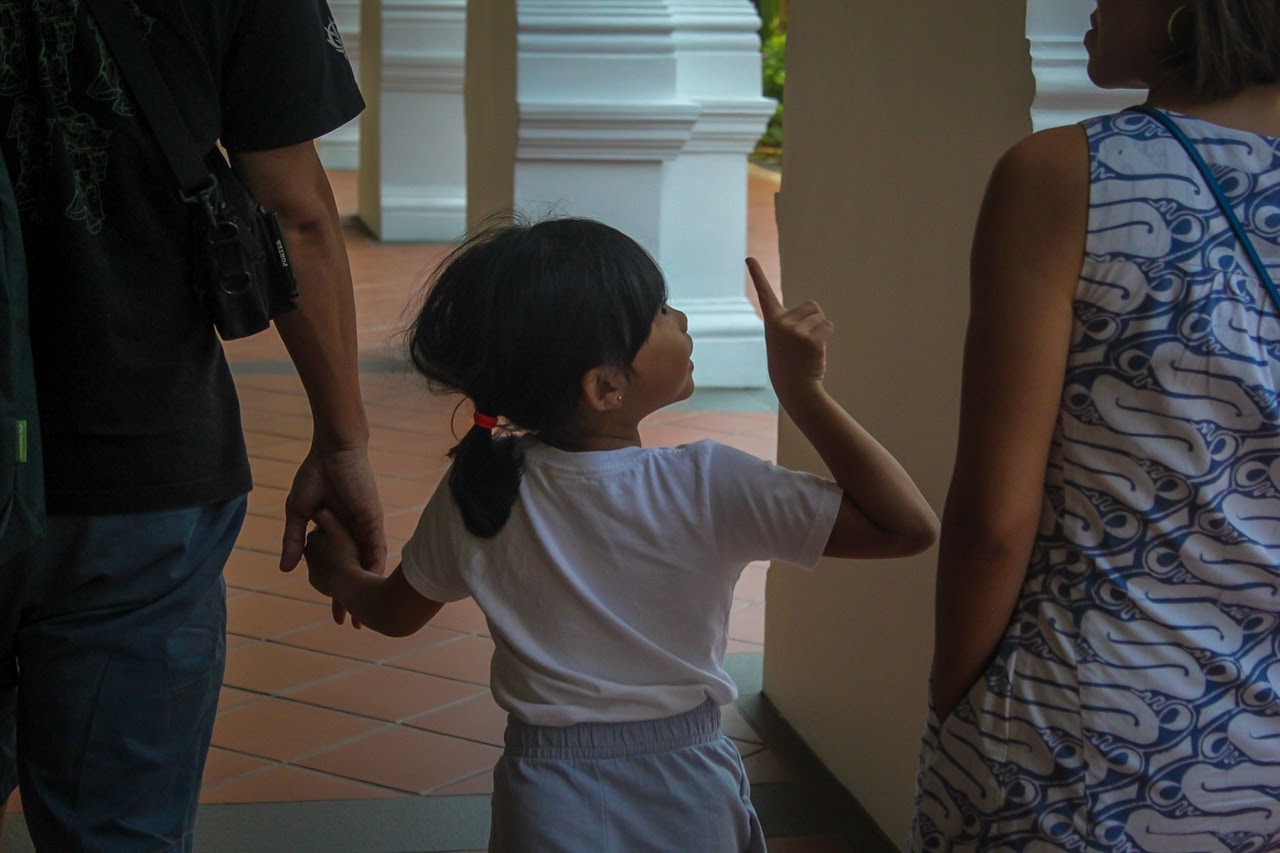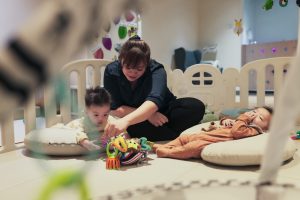Top image: RICE file photo
As a mother, my heart ached when I watched the disturbing footage from Kinderland Preschools. How teachers were mishandling toddlers aged below three by restraining and forcing water down their mouths, strapping them on chairs, and hitting them with objects in hand.
The fear is real. The child could very well be my son. I remember back when he was around two, he disliked drinking water too. Among many other things like eating vegetables, taking showers, and going to bed.
ADVERTISEMENT
“No,” was his favourite word. Tantrums and crying were a common response when things didn’t go his way. It’s impossible for him to sit still for long, given his young age and short attention span.
I know how frustrating it is to handle kids—I struggle to maintain my composure at times, too. Let alone preschool teachers, who manage 15 to 20 little human beings simultaneously for as long as 10 hours a day.
It’s expected that some people may lose their cool. Nevertheless, it’s not an excuse to exercise brute force. These are minors who are so young that they can’t even effectively articulate their experiences or fight back. You don’t need to be a parent to know that.
At such a vulnerable age, these kids are voiceless in the face of such mistreatment. They rely entirely on parents, teachers, and caregivers to protect them. To be mistreated at their hands will surely leave a long-lasting mental scar.
Voiceless Victims
It’s haunting to know these children were treated roughly by the very adults they had to trust most when their parents and guardians weren’t around.
This, to me, is what makes the whole incident heart-wrenching. These children are in their years of innocence, exploration, and joyful learning. Getting semi-waterboarded does not make for a happy core childhood memory.
Young minds are incredibly receptive, and the experiences they encounter now may, knowingly or unknowingly, shape their perceptions of the world. My greatest concern has been the long-term impact on the children depicted in these videos and photos.
Will they, after 20 years, recall this traumatic experience? And if they do, how might it shape their relationship with teachers, schools, and authority figures in the future?
These are profound questions that nobody dares to answer at this stage. It’s easy to say that we must ensure children grow up in environments that empower rather than repress their individuality and autonomy.
But it’s so difficult to execute them.
I am just as lost as these children because everything happened behind closed doors. If not for the whistleblowers who released the videos and photos online, the parents of these Kinderland students would never have known.
And this is just at Kinderland—how many more cases of abuse remain in the dark at preschools across the island?
Even after outrage erupted in response to the videos and photos, it took some time before Lin Min (the teacher who was found forcing water into children’s mouths) was removed from her duties.
I am not sure how much blame I can put on the teacher. Was she feeling entitled? Did she think that she could do anything she wanted to her students, who are way too small to confront and challenge her?
I am also not sure if there is a mismatch in expectations. Inherently, it’s impossible for toddlers to follow complete instructions.

Putting aside the matter of physically mishandling children, attempting to calm them down forcefully will only backfire. I’ve learned how to engage them differently—like turning instructions into games.
ADVERTISEMENT
To get my son into the habit of drinking water, I remember pasting stickers of his favourite cartoon characters onto different cups. Essentially gamifying the habit so he doesn’t feel that he’s always drinking water from the same cup.
Broken Promises
At the same time, it’s important to acknowledge that there might be parents with overbearing questions about why their children’s water bottles remain untouched at the end of the day.
This only results in increased pressure on teachers to ensure children are adequately hydrated by any means possible.
Some parents may not fully grasp that transferring the responsibility entirely to teachers won’t resolve the issue.
Sometimes, the issue boils down to expectations and responsibility. If you wish your child to drink more water, it’s something that should begin at home. Teaching and instilling healthy habits should be a collaborative effort between teachers and parents.
Be that as it may, the biggest issue in the Kinderland saga is that there’s a clear breach of trust. As parents, we entrust our most precious treasures—our children—to educators.
Many parents opt for premium preschools and pay higher fees in exchange for high-quality care and education. We believe our children are in the hands of professionally trained individuals who are competent in providing a nurturing environment. What’s ironic is that Kinderland sells itself as ‘Singapore’s Premium Preschool’.
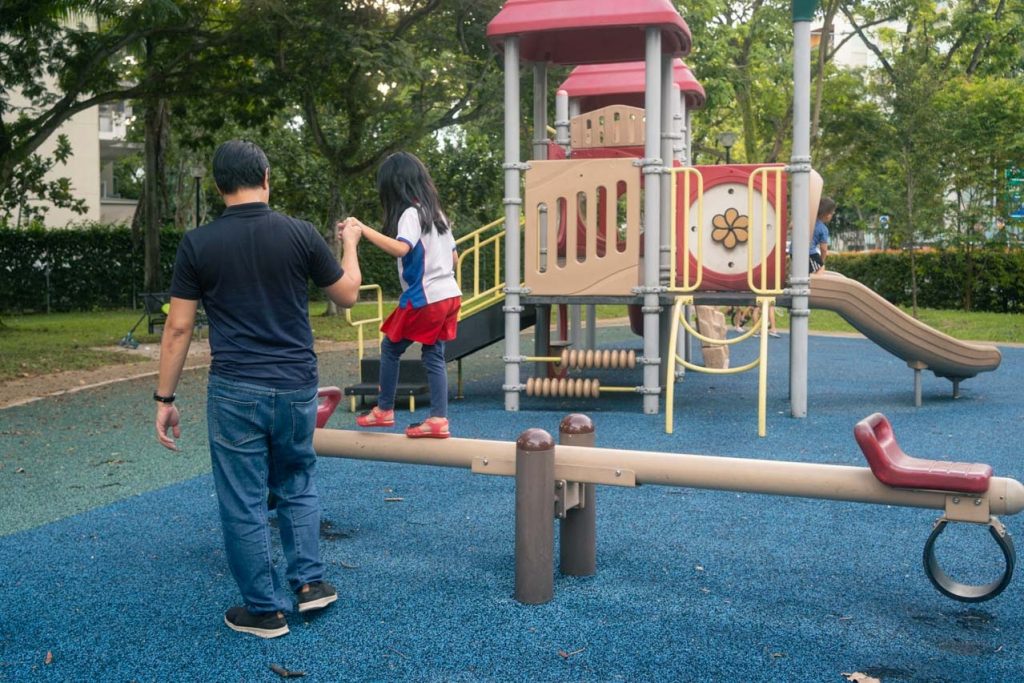
Witnessing these shocking incidents shatters the very reason we invest in such institutions. This is a betrayal of the promise these preschools have for our children. The rawness of the emotions and heightened fear among parents in the aftermath of the videos are understandable.
Systemic fixes are being made now, but it’s reasonable for us parents to ask: Why weren’t they instituted in the first place? As the Early Childhood Development Agency (ECDA) announced last week, all preschools must have CCTV cameras installed from 1 July 2024 onwards.
Everyone will be closely monitored soon, but is it enough? Probably not. A Kinderland Preschool parent shared with me her disappointment during our conversation over the Presidential Election weekend.
She mentions that Kinderland Preschool has a mobile application that, in her view, serves little practical purpose. Parents couldn’t use it to communicate directly with the school or teachers about their queries and concerns.
Instead, it seemed more performative, with teachers primarily using it to upload photos and showcase children’s behaviour at school. This apparent lack of transparent communication channels left parents feeling annoyed and disconnected from the school’s daily activities.
This parent also showed me WhatsApp conversations she had with a former colleague whose child was taught by Lin Min.
In these messages, the former colleague mentioned that Lin Min was still smiling, hugging children, saying goodbye to them, and reminding parents that their children didn’t like drinking water at school—actions that seem unsettling considering the subsequent revelations.
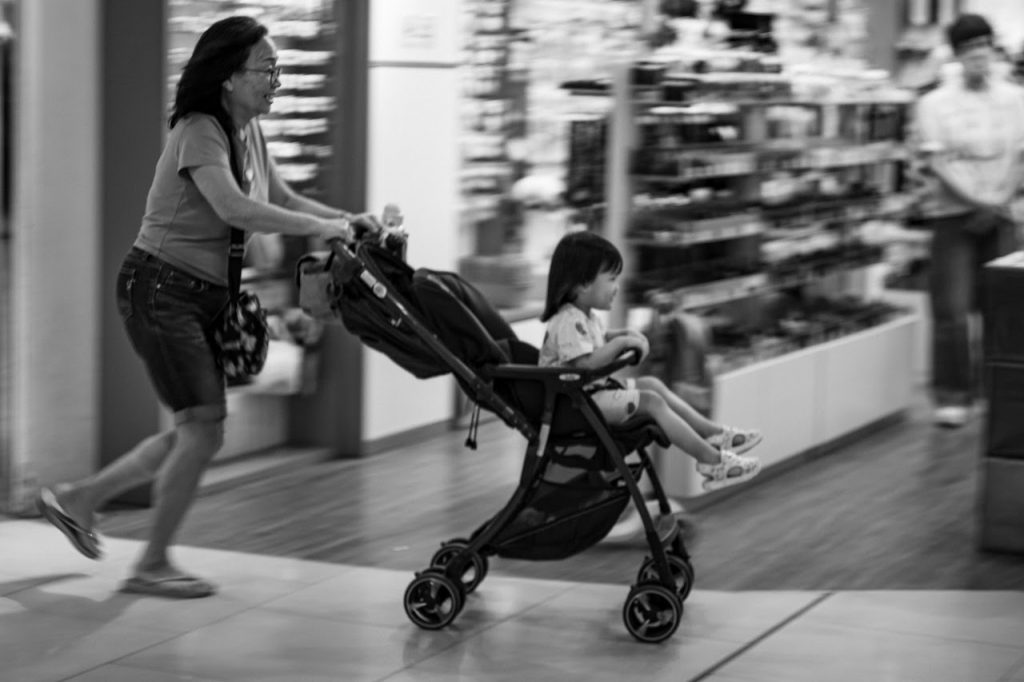
What Do We Want as Parents?
For a good reason, transparency and accountability are key arguments in the Kinderland saga. Because of the fear of harsh realities such as these, mothers like me may feel like we need to give up our careers to make homemaking our full-time job.
I won’t be surprised if many fellow parents in Singapore might actually be reconsidering their childcare options right now. We don’t know how long these misdemeanours have been taking place. We don’t know if there are more teachers out there who’ve gotten away.
I, for one, am feeling a lot more assured by ECDA’s response on the issue—they acknowledged their mistake and apologised, at least. Kinderland’s response, however, leaves much to be desired.
I feel that there needs to be a comprehensive inquiry into managerial oversight apart from firing the Principal of the Kinderland Preschool Woodlands Mart branch. I’m hoping that more people, beyond teachers and principals, can face repercussions for their alleged failure in supervision.
Furthermore, there aren’t sufficient channels for parents or anyone to voice our concerns and report anything amiss. I’d also say that we need standard protocols—be it implementing stringent checks, transparent reporting mechanisms, and regular re-training to prevent something similar from happening again.
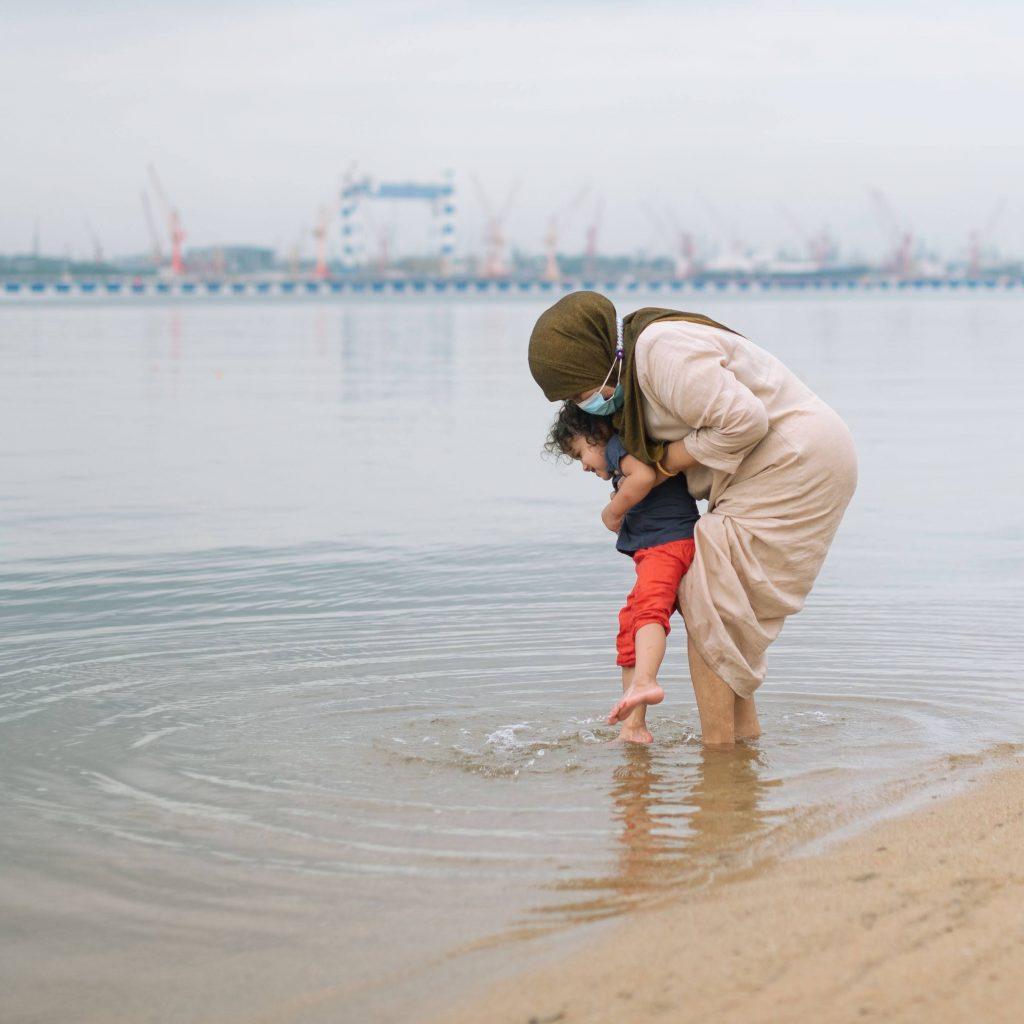
Ultimately, we must question whether there is a lack of knowledge and resources on the appropriate techniques to interact with children outside of physical handling. Moreover, what are the agreeable limits on corporal punishment?
Personally, I have always depended on online resources and the experiences of other parents whenever I have queries about how to raise my child.
The reality on the ground now: I seldom receive any concrete or emotional support from preschool educators. Instead, I would often be questioned—why my child was not ready to walk independently at 18 months (most children typically begin walking between 12 and 15 months).
Why did my child continue to find comfort in using his pacifier to go to sleep at night when he was two? Or, more recently, why have I not enrolled my 3.5-year-old child in any enrichment lessons?
In the eyes of some, my child became a subject of comparison. They wonder why my child cannot achieve the same milestones as others of the same or even younger age. This leads to the perception that I might be a lazy parent who is not prioritising my child’s development.
The same applies to teachers. Currently, everyone is blaming ECDA, the school, and the teachers. Nobody cares to ask how much actual and emotional support we parents should provide them so they don’t have to resort to aggression.
It’d be great if schools adopt a more open-door policy where parents, caregivers, and teachers can speak with one another when either party has any worries.
It’d also be great to involve parents more, be it in class or when teachers undergo training and re-training. As parents, we can offer educators valuable insights and tips.
As we demand justice and hold schools and teachers accountable for their actions, let us also remember that not all educators are to blame.
Rather than casting blame, there’s plenty of room for us parents to support schools and educators better. Provide them with the tools and resources they need to navigate the challenging world of early childhood education.
It takes a village to raise a child—and the journey to raise a child is long. So, our goal should be to create an environment where every child can grow, learn, and flourish without fear. To start, let’s do no harm.

